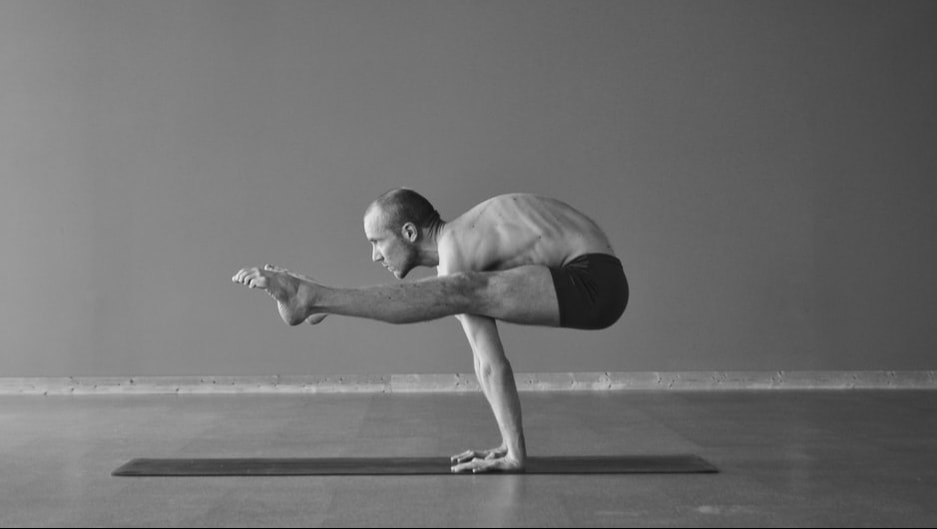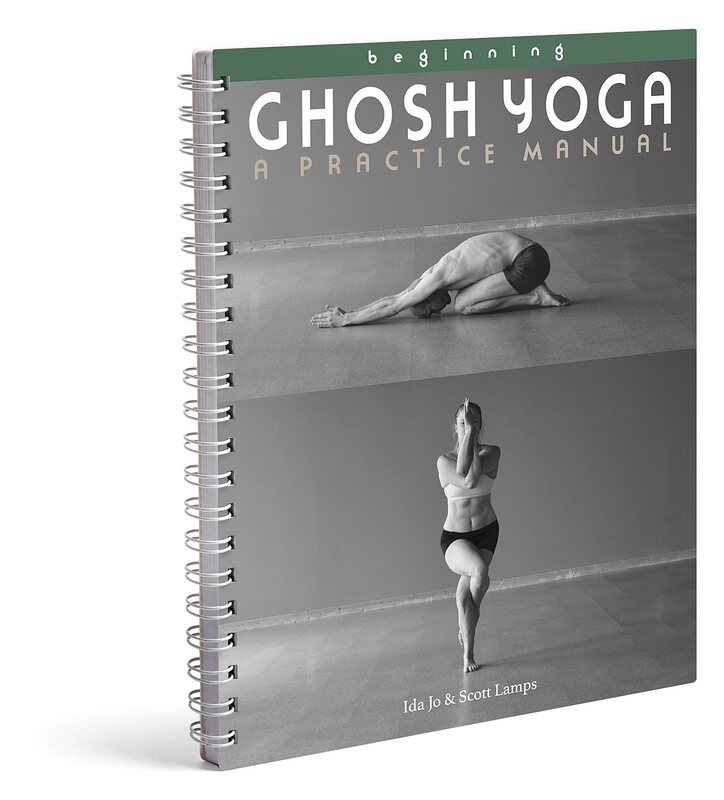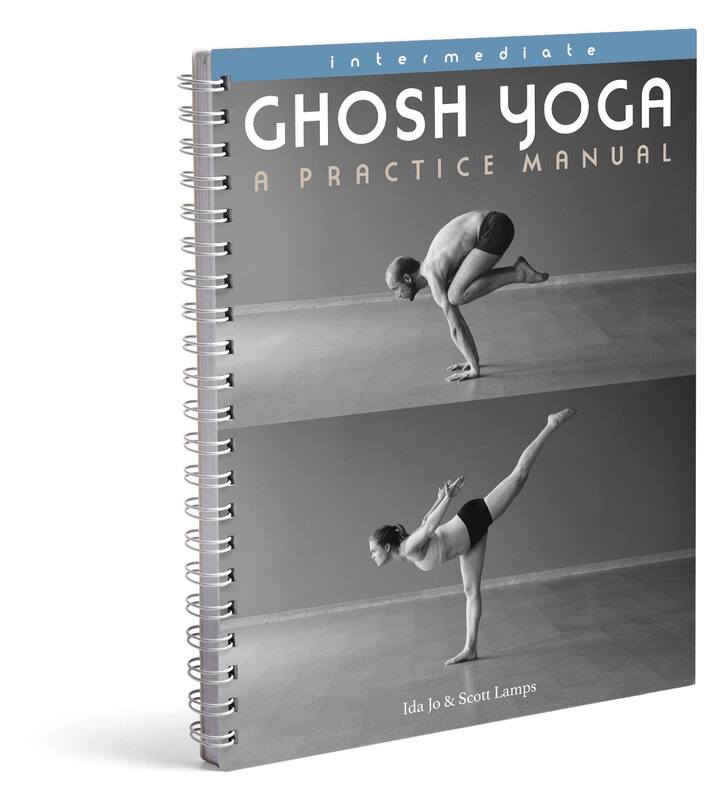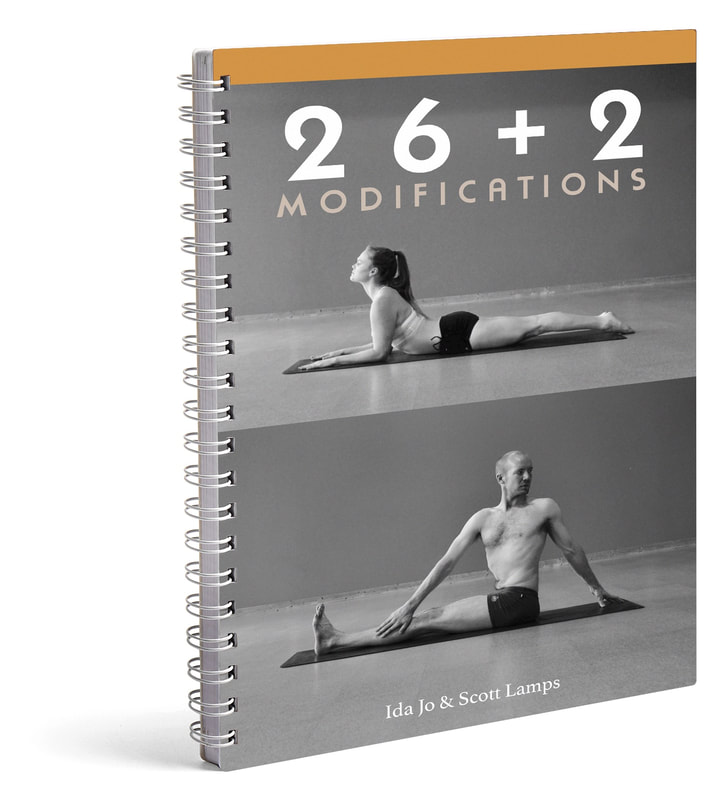|
The inherent relationship between teacher and student is a flow of knowledge--in the form of information or facilitated experience--from teacher to student. The teacher (hopefully) has more experience and knowledge of the subject at hand, and her job is to determine what lessons are appropriate for the student and then to impart those lessons.
You may hear some say that they get a lot from teaching. Without a doubt, there are things to be learned from the process of teaching. If we are attentive and observant, we can increase our awareness of different people, points of view, mental and physical conditions, and the effects of our teachings upon them. Not to mention that a student may bring something to our attention that we were oblivious to before. A teacher can always learn. But that is not the inherent role of the teacher, and teaching should not be approached as such. Teaching is inherently a form of service; of giving. Not taking. Whenever we find that we are unfulfilled by our teaching, we must check our motivation. What are we hoping to gain from teaching? I would suggest that we should not hope to gain anything by teaching, rather to give. POWER & EGO Whenever we stand in front of a room of people with their attention focused on us, it is almost inevitable that our ego grows. We find pleasure in the admiration and power. We must be careful of this. Teaching is an act of giving, which is why "burnout" is so common. We give and give to our students until there is nothing left. We feel empty and soon resent the act of teaching and perhaps the students themselves. Why don't they do what we say? Why don't they give us more? But it's not their job to give to us. It is our job to give to them. AVOIDING BURNOUT To avoid burning out, here are three things you can do. 1) The first is the simplest but most profound. It is a change of mentality: realizing that the students are not there for you, you are there for them. Just this little mental shift can flip our relationship with teaching and our students. Don't seek to get anything from your students or teaching. Find ways to give. 2) Teach less. It is common for teachers to spend too much time teaching. Inevitably they give too much of themselves, feel empty and then lose their passion. Perhaps they even quit. Instead, teach less. As one of our teachers said, "It is an ultra-marathon, not a sprint." Ideally you will still be teaching in 30 years and offering your students the gems of wisdom that can only come from such long experience. 3) Find ways to "fill up." What recharges you? What makes you feel alive? What inspires you? Do these things, as they will make you calm and happy and eager to embrace the service of teaching. And they will prevent you from looking to your students for inspiration. Some people recharge with a personal yoga practice (but this has to be separate from your teaching!). Others travel or read or paint or play music. Find what makes you happy and do that. It will improve your teaching.
0 Comments
Leave a Reply. |
AUTHORSScott & Ida are Yoga Acharyas (Masters of Yoga). They are scholars as well as practitioners of yogic postures, breath control and meditation. They are the head teachers of Ghosh Yoga.
POPULAR- The 113 Postures of Ghosh Yoga
- Make the Hamstrings Strong, Not Long - Understanding Chair Posture - Lock the Knee History - It Doesn't Matter If Your Head Is On Your Knee - Bow Pose (Dhanurasana) - 5 Reasons To Backbend - Origins of Standing Bow - The Traditional Yoga In Bikram's Class - What About the Women?! - Through Bishnu's Eyes - Why Teaching Is Not a Personal Practice Categories
All
Archives
May 2024
|







 RSS Feed
RSS Feed